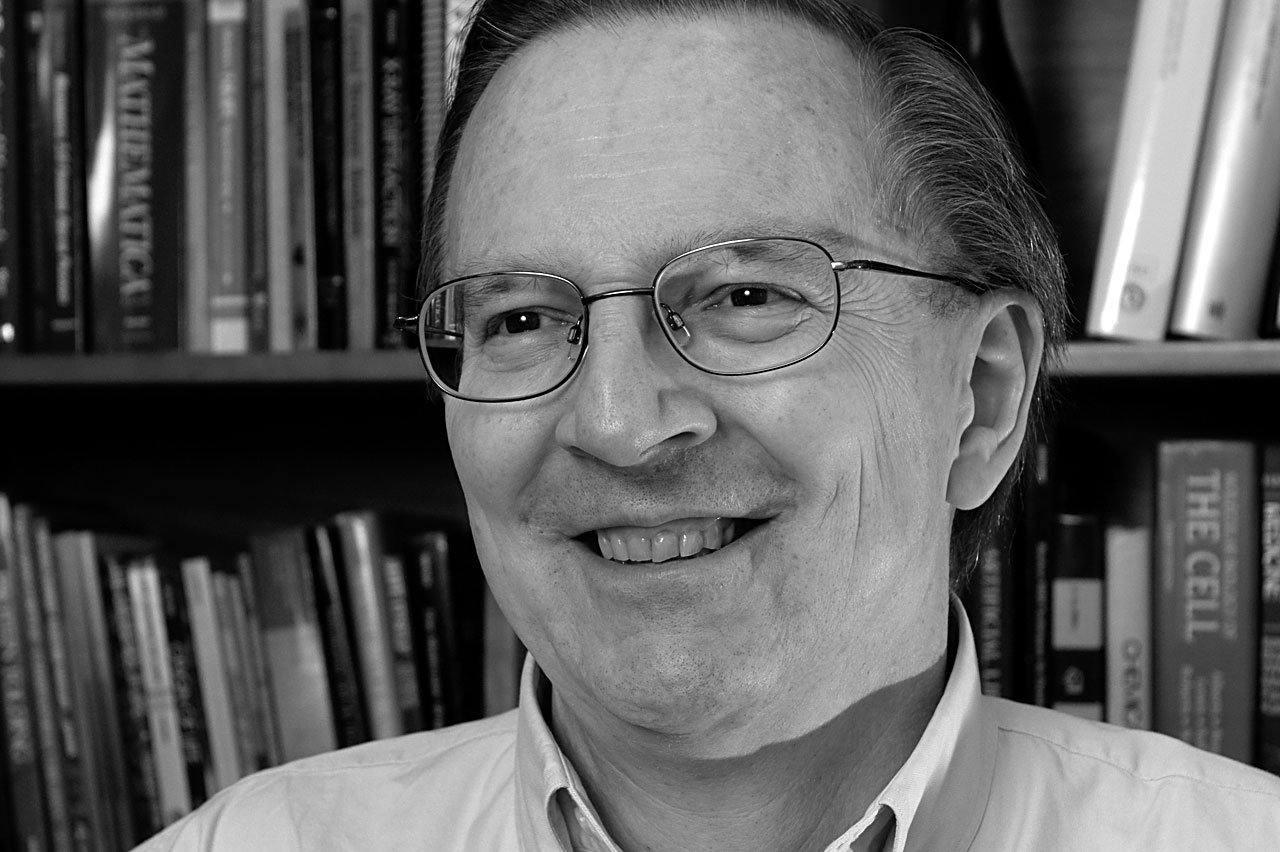Jack W. Szostak, PhD, of the Mass General Department of Molecular Biology, is a co-recipient of the 2009 Nobel Prize in Physiology or Medicine with Elizabeth H. Blackburn, PhD, of the University of California, San Francisco, and Carol W. Greider, PhD, of the Johns Hopkins University School of Medicine.
A professor of genetics at Harvard Medical School and Alex Rich Distinguished Investigator at the MGH Center for Computational and Integrative Biology, Dr. Szostak and his fellow Nobel laureates figured out how cells of all species counter the age-related shrinking of their chromosomes, using an enzyme called telomerase. The ends of chromosones, called telomeres, are thought to regulate the biological clock of all cells, distinguishing those with limited lifespan from those that can divide forever. Telomerase is hyperactive in most human tumors, making cancer cells capable of continuous reproduction. Clinical trials are studying the efficacy of treating cancer by inhibiting telomerase.
“Just think what it would mean if we could deny cancer cells their immortality,” says cancer survivor Michael Hayes. “Dr. Szostak’s work may someday get us there.”





